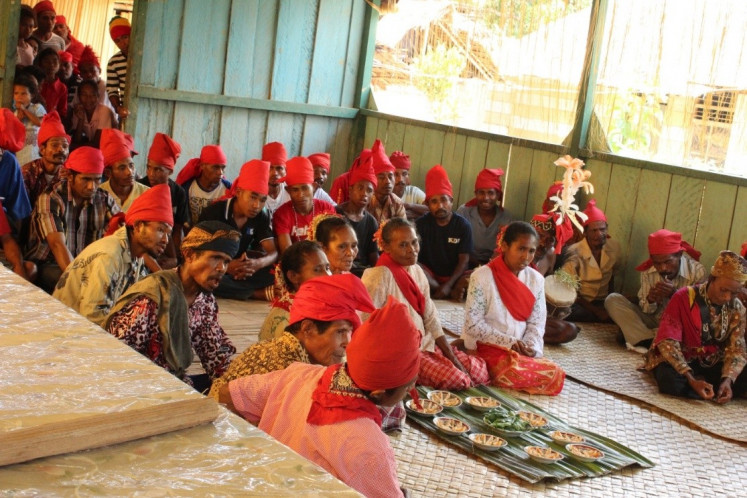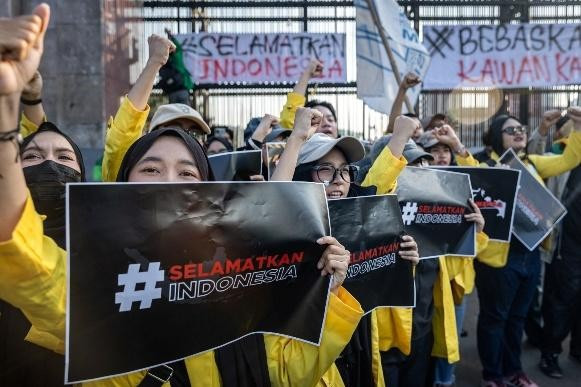Popular Reads
Top Results
Can't find what you're looking for?
View all search resultsPopular Reads
Top Results
Can't find what you're looking for?
View all search resultsE-commerce and tax game: The new regulation
Online merchants in Indonesia range from students and housewives to more sophisticated mid-size shop owners with a team of employees. For a long time, they have dealt with issues regarding tax collection and reporting.
Change text size
Gift Premium Articles
to Anyone
O
nline merchants in Indonesia range from students and housewives to more sophisticated mid-size shop owners with a team of employees. For a long time, they have dealt with issues regarding tax collection and
reporting.
The first issue is that merchants often do not declare their incomes. Most merchants, especially micro, small and medium enterprises (MSMEs), do not declare nor pay the tax they are due, not only because it is bothersome, complicated and negatively affects sales, but because many merchants are not even aware of their tax obligations.
In order to address this issue, the government issued Government Regulation No. 23/2018, which lowers the final income tax to 0.5 percent from 1 percent for companies or individuals with a total turnover of below Rp 4.8 billion (about US$344,517) and give a transition period of as long as seven years before imposing normal rates (for individual taxpayers). The regulation aims to raise awareness to MSMEs that tax obligations go hand-in-hand with running a business.


















